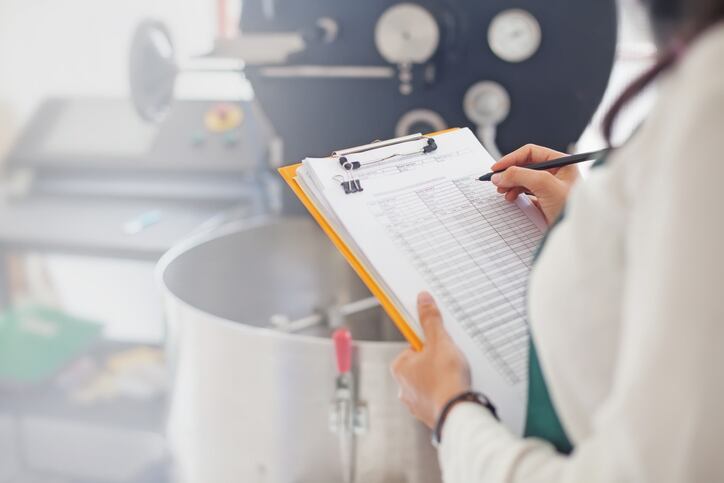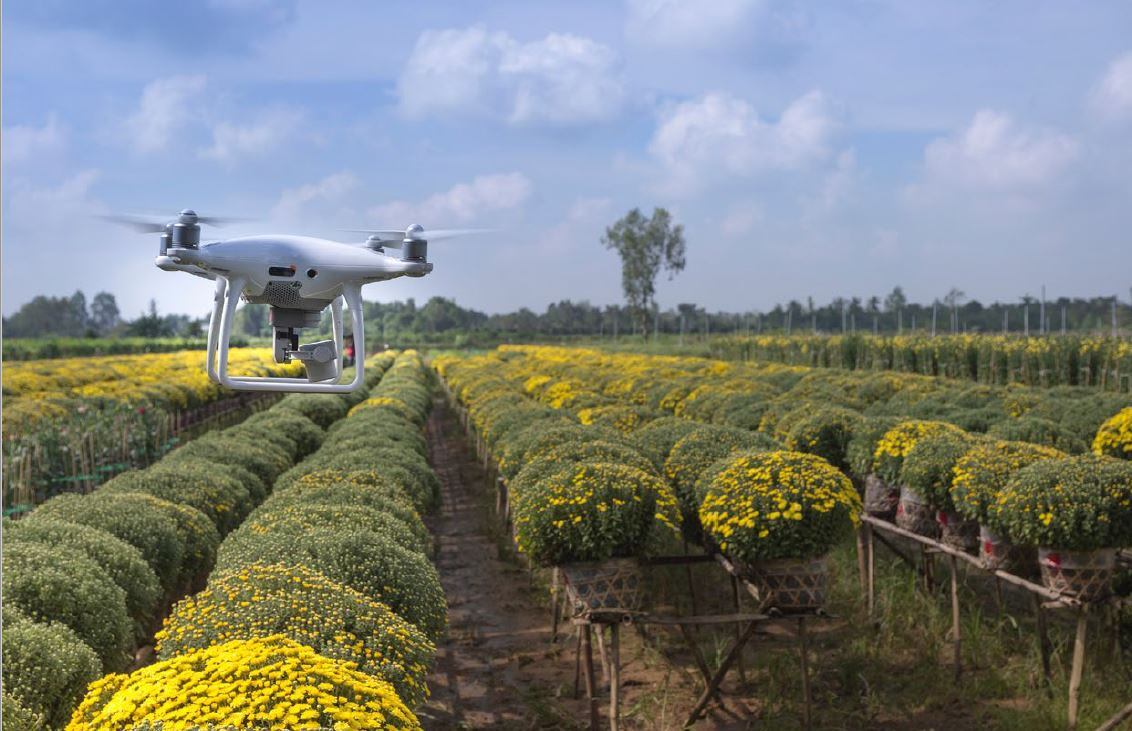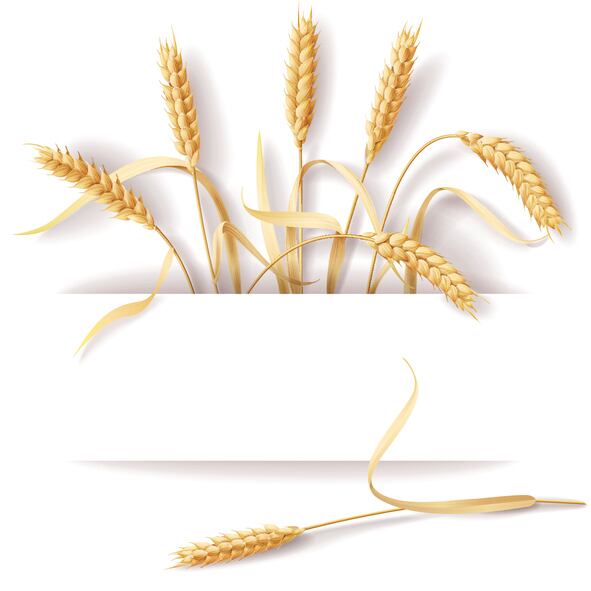The four key emerging risks and opportunities in the New Zealand food safety system that were identified by the report were: Pressures on production, Consumer expectations and demands, New technology and innovation and Climate Change.
“Increasingly complex and global supply chains, sophisticated ‘food fraud’ and climate change are putting pressure on how [food is] produced and exported,” said stated the New Zealand Ministry for Primary Industries (MPI) consultation draft report titled ‘A Strategy for New Zealand Food Safety’
“Consumers are becoming savvier about what they eat and trying new and different food in new ways, [whereas technological] developments in [both food hazard prevention and production] methods have created both positive opportunities and risks in the food safety system.”
New Zealand Food Safety Deputy Director General Bryan Wilson added via an official statement that added that globally, food safety systems were ‘under increasing pressure’ due to global issues such as climate change, new retail channels such as e-commerce and rapidly changing consumer tastes and demands.
“The feedback collected during consultation will help New Zealand Food Safety be clear about its strategic priorities,” said Wilson.
"New Zealand needs to be a leader in food safety [so] New Zealand Food Safety must be increasingly agile, understand the changing environment and developing science to ensure consumers remain safe from foodborne illnesses while allowing industry to respond to consumer demands.”
According to the draft report, there are some 95,000 food-related businesses in New Zealand and turnover of the food manufacturing industry for the year ending June 2018 stood at NZ$49.4bn (US$31.7bn), making food businesses a ‘key partner’ in the food safety system’
“[All organisations that] produce, process, handle or sell food or ingredients, at any point from when food production begins to when it is eaten by the consumer [are] responsible for the safety of the food they produce,” said MPI.
“These include food manufacturers and packers, wholesalers and retailers, growers and farmers, storage and transport companies and [those in foodservice, and] they are also required to identify food safety risks and ensure that those risks are well managed.
Additionally, consumers, regulators, overseas governments, and the Maori population was also mentioned as other key partners in this area, with MPI is seeking feedback from all these parties through this public consultation.
“In terms of foreign trade, 80% of New Zealand-grown food exported offshore and [we have seen] a 44% increase in the value of New Zealand’s primary sector exports over the last 10 years, [so we definitely want] overseas governments to have trust and confidence in our food system,” said MPI.
The public consultation will be open until September 2,, and the final strategy is expected to be launched at the New Zealand Food Safety Summit in December.
Why a dedicated strategy
The New Zealand Food Safety unit is a business entity under the MPI which regulates the New Zealand Food Safety system, with the aim to ensure that ‘food is safe to eat and in the right condition for its intended use’.
“The estimated annual cost of foodborne illness in New Zealand is NZ$160mn (US$102.7mn), and over 2,000 food complaint investigations were completed by New Zealand Food Safety over the last five years,” said MPI.
Wilson added that this comprehensive strategy aimed to provide ‘a clear direction of travel to anticipate changes in our environment and how [to] amend rules, use technology, and fulfil customer demands’.




